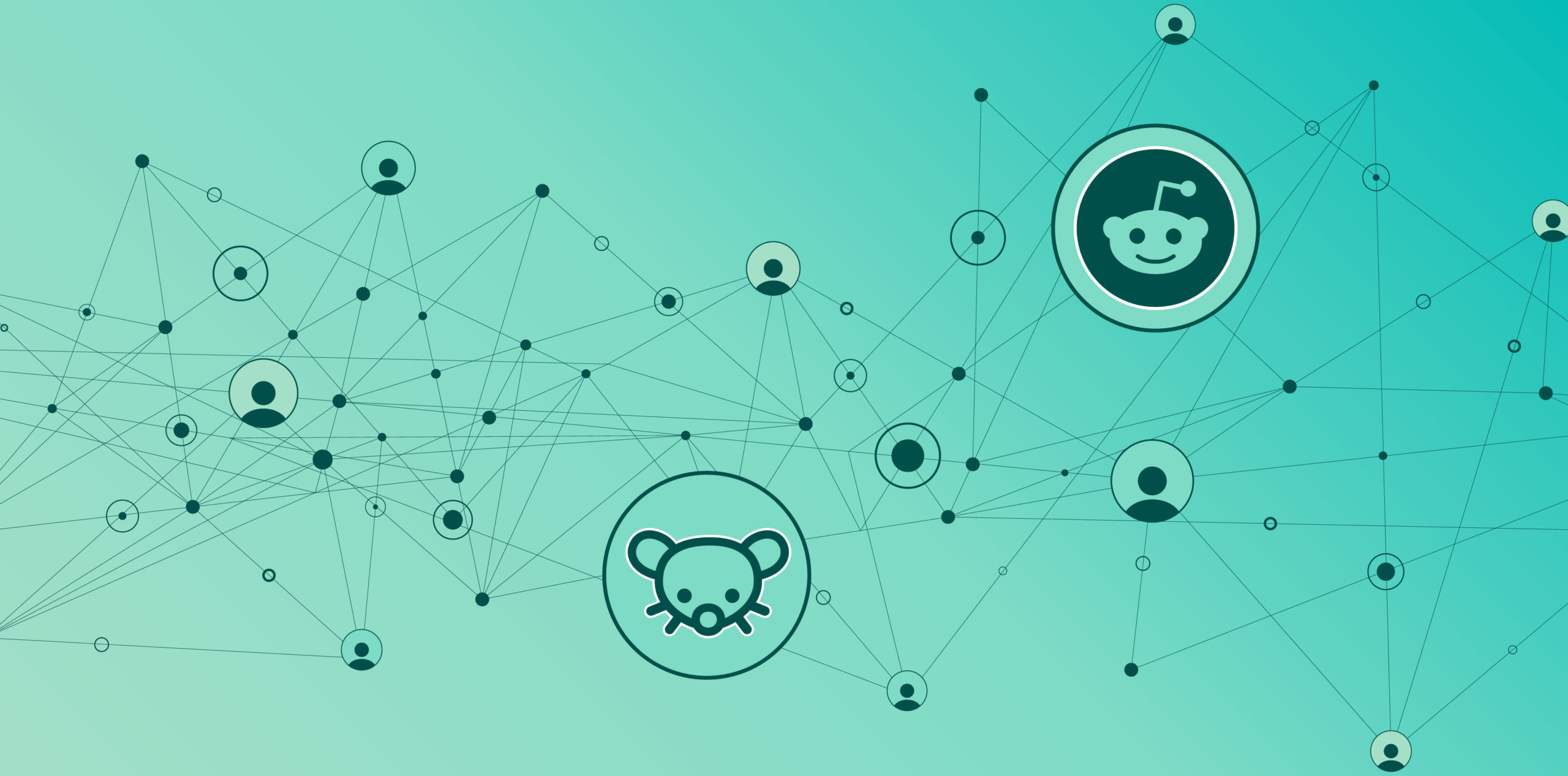In February, a server administrator at Misskey, a Japanese Twitter-like social media service, noticed something strange: A huge number of users were complaining that they couldn’t join his server. A few moments later, he found out that the email system had stopped responding due to a surge of requests to join.
A few thousand users had tried to sign up in one day, compared to an average of 10, and the sudden uptick may have had something to do with Elon Musk.
Musk made many changes to Twitter, one of the world’s most popular social media platforms, after acquiring the company in October last year. In January, the platform launched its Twitter Blue premium subscription service in Japan, and the next month announced it would restrict the use of Twitter data by outside services.
“Many users were fed up with all the changes one after the other, and they ran away to a new service,” said Makoto Shirota from Nomura Research Institute in Tokyo.
The sudden popularity boost was painful.
“Murakami-san,” the administrator of the biggest Misskey server, who asked to go by his nickname, said in an online interview that the increase in data usage caused his “server maintenance fee to rise tenfold in February.”
“I thought I was going to go bankrupt,” he added. Murakami-san called for help from the online community, which responded with donations through the subscription service Patreon.
“I am barely making a surplus at the moment,” he said. “A good chunk from my savings for a new house has been used up.”
Misskey can be referred to as a decentralized social media platform. Unlike mainstream services like Twitter or Facebook, where the company owns the platform and servers, Misskey’s servers are each operated by an individual, in many cases out of simple enthusiasm for the project, paying the related costs themselves. Users can choose which servers they would like to join according to their members or theme.
Many are supported by volunteer moderators, whose tasks include checking for violations of server rules or searching for bugs. They also tend to have fewer advertisements, as many are nonprofit.
The leading decentralized service is Mastodon of Germany, which said it had around 1.26 million active users as of June. It was created in 2016 by then-college student Eugen Rochko.
Mastodon, which is seen as something of an antithesis to Big Tech companies in the US, gained a huge number of users after Musk’s acquisition of Twitter. The number rose to around 2.61 million active users in early December, marking a fivefold increase from early October.
Rochko said in an online interview with Nikkei Asia that decentralized services are important as they “give power to different communities.”
“They don’t have to follow the laws of the United States, the whims of the US government or of the Silicon Valley executives, but rather, the communities can decide what they want to do with their platform,” he said.
Administrators of the decentralized servers fall under the regulations of the server’s location. Unlike services like Twitter and Facebook, which are mainly under US regulations.
“Almost all social media services and almost all tech companies are based in the US and it totally dominates this industry. And so I think it’s important for Mastodon to exist as a counterweight to that,” Rochko said.
Misskey was created by Japanese engineer Eiji Shinoda. It gained popularity among the creator community in Japan after artists raised concerns over what they saw as a lack of clarity in Twitter’s rules on content restriction. “Misskey has features to support artists such as an option to prevent AIs from learning from your work [without consent],” Shinoda said in a text-based interview. “We will continue to develop more features for creators.”
But the momentum after Musk seems to have worn off. Mastodon’s active user figure stands at around half its peak last December, according to a company number and digital archive site the Wayback Machine.
The number of users on Misskey.io, the biggest server on the Misskey service, is also down by half from its peak in March, at around 13,600 on June 26.
“Mastodon went viral in November [to] December [last year], and you cannot compare natural growth with something where every newspaper in the world is name-dropping Mastodon and that sort of traffic is not natural to sustain,” said Rochko.
Analysts point out that decentralized services face multiple challenges in going mainstream.
“The fact is that user numbers are still considerably small [compared to services like Twitter],” said Shirota from Nomura Research Institute. “You can’t expect as much volume of information and your ability to reach out to the broader world is limited.”
As each server is owned by an individual, administrators need to comply with local privacy restrictions on their own, meaning lots of legal work for administrators. Murakami-san, said he cooperates with the police over any illegal posts made on his server.
“The number 1 challenge is monetizing. … The Misskey project is mainly backed by user donations, but it has its limits,” said Shinoda. “It’s not enough to say, hire a part-time developer.”
Robert W. Gehl, Ontario research chair of digital governance for social justice at Canada’s York University, said to describe the Mastodon’s popularity as a one-time boom is “shortsighted.”
Gehl explains the underlying protocol, ActivityPub, has made it possible for similar social media services to materialize. The open-sourced protocol, which enables you to talk to people on different servers or platforms, makes it easier for users to migrate from one service to another, as you can keep engaging with the same friends and contacts.
“So even if Mastodon falters, there will be other services people can use,” said Gehl. “One of those could be the next big thing to grow.”
The idea will “keep getting bigger,” he added.
This article first appeared on Nikkei Asia. It has been republished here as part of 36Kr’s ongoing partnership with Nikkei.

